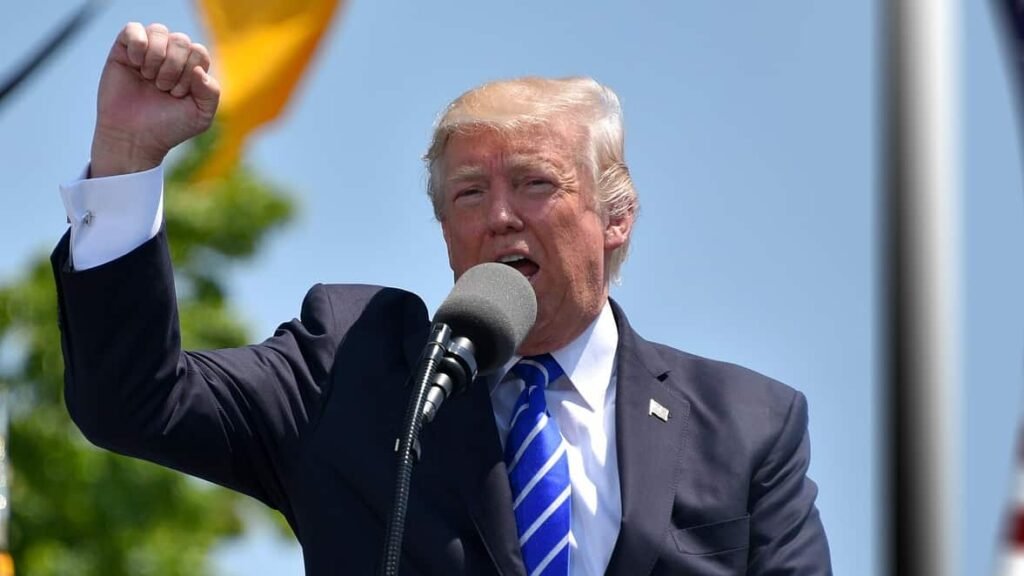

We’ve seen AI used for good and bad. Because the tech is still relatively new, the law hasn’t caught up yet. But over in the US, AI regulation is going to be tricky. This is because US President Donald Trump is thinking of signing an executive order essentially banning states from implementing their own AI laws.
Trump to sign executive order that bans state-level AI laws
As part of this potential executive order, Trump is looking forming an “AI Litigation Task Force” which will be overseen by the attorney general. However, this isn’t so much about the Trump administration trying to govern the use of AI, but more about going after states who try to implement their own AI laws.
So, what will happen if states try to implement their own regulations regarding AI? Well, the Task Force will be able to sue them for obstructing the growth of the AI industry. During his appearance at the US-Saudi Investment Forum, Trump was quoted as saying, “You can’t go through 50 states. You have to get one approval. Fifty is a disaster. Because you’ll have one woke state and you’ll have to do all woke. You’ll be back in the woke business. We don’t have woke anymore in this country. It’s virtually illegal. You’ll have a couple of wokesters.”
Also, in addition to potentially being sued, the executive order also seems to threaten states with decreased funding if they do not comply. This means that states that violate the executive order may become ineligible for programs like Broadband Equity Access and Deployment.
Not Trump’s first rodeo
This isn’t the first time that Trump has proposed preventing states from regulating AI on their own. This was part of his “big, beautiful bill” that was announced earlier this year. States do have some recourse if they wish to legally contest the executive order. However, they must first prove that this order exceeds the president’s constitutional or statutory authority, violates the US Constitution, or conflicts with existing laws already passed by Congress.
That being said, it’s not surprising that Trump would want to prevent states from regulating AI on their own. Right now, there is a race for dominance in the AI space between the US and China. While many Chinese AI models aren’t available outside the country, reports have suggested that some of them are just as good, if not better, than US-based models.
Regulation can be a double-edged sword, where it has the potential to stifle innovation and advancement. However, given the dangers of AI, some checks and balances aren’t a bad thing either.
The post Trump’s Executive Order Ready to Block State-Level AI Laws appeared first on Android Headlines.
